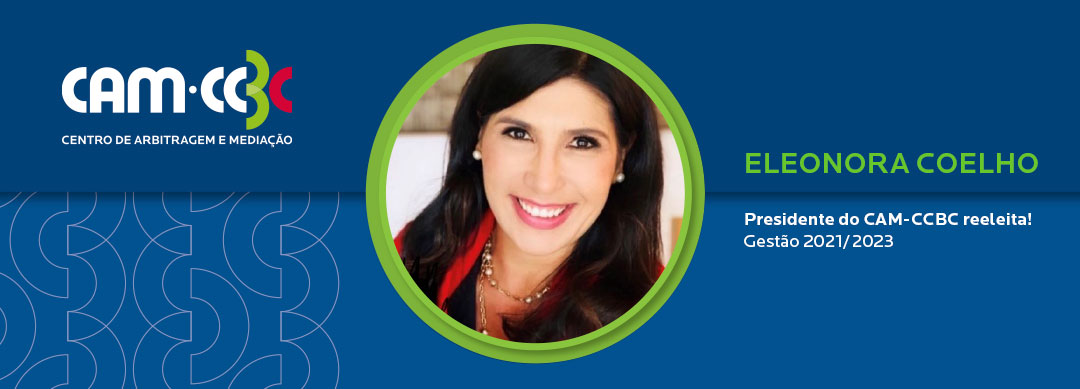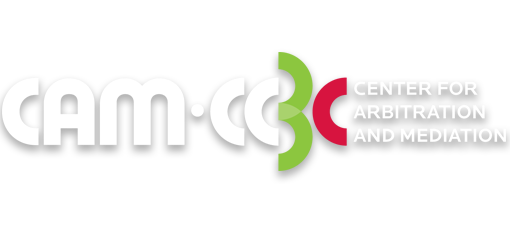Task Force, organized by CAM-CCBC, works on disseminating the use of the method by governmental bodies
By Sérgio Siscaro
Agility, efficiency, and economy are some of the advantages that are made possible by the use of mediation as a method of conflict resolution. These improvements are even more relevant in the public administration, where the need to solve disputes, in a faster and less costly way, is particularly urgent, given the budget constraints experienced by the several government bodies. With the objective of increasing the use of the method by government agencies and companies, CAM-CCBC has been supporting the activities of the Task Force of Mediation with Public Administration, for the last three years.
With 12 members, the group is coordinated by lawyer Adolfo Braga Neto, who also chairs the board of Instituto de Mediação e Arbitragem do Brasil (Institute of Mediation and Arbitration of Brazil) (Imab). According to him, the focus of the task force’s activities are the administrative contracts signed with the public administration. “Our intention is to expand the use of CAM-CCBC’s mediation clauses, reducing eventual opposition of public agencies and companies to the use of the method”, he says.
Virtual activities
For this purpose, a series of initiatives were carried out before the emergence of the new coronavirus pandemic. In 2019, the task force held events in São Paulo and Brasília, in which it presented the advantages of mediation to representatives of government agencies, such as Advocacia-Geral da União (Federal Attorney General’s Office) (AGU), Tribunal de Contas da União (Federal Audit Court) (TCU), and Ministério Público Federal (Federal Public Prosecutor’s Office) (MPF), as well as Petrobras and other public and mixed-economy companies, among others. In these contacts, the group also sought to obtain information on how the public administration has been dealing with the topic. Some of them had already developed specific modalities of conflict mediation.
With the restrictions brought about by the spread of Covid-19 beginning last year, these activities have successfully migrated to the digital environment. “Everything that we had planned initially was transferred to virtual platforms. We are now working with agencies of the Executive power, with the goal of moving on to control agencies, such as the courts of auditors, in the future. Our planning for 2021 includes several actions, with the purpose of taking information about mediation to public administration areas where there is still the perception that the method is applied only to reach an agreement, when in fact, the final objective is a solution of the conflict”, Braga Neto considers, adding that the group is also inviting representatives of these public organs to contribute to this work of dissemination of mediation.
Legal recognition
The group’s next virtual event will be a webinar on June 15, and it will address the openness that Brazilian legislation has given to the use of mediation. The new Lei de Licitações e Contratos Administrativos (Law of Public Bids and Administrative Contracts) (law 14.133/2021), for example, provides for the possibility of using mediation in its chapter XII, in particular article 151 et seq. “I see an increasingly promising scenario, with legislation becoming increasingly open to this possibility of the use of mediation with the public administration [of conflict resolution]”, he says.
According to the task force coordinator, a trend that is gaining more and more space in the context of public administration is that of consensus, that is, the search for established solutions in common, and in a voluntary way, for the prevention, conduction, and pacification of conflicts, a scenario that tends to encourage the use of mediation.
Another reason that contributes to the use of mediation with the public administration is the situation of budget restrictions in the different areas of the State, which favors the search for fast and effective ways to solve conflicts. “Mediation has no contraindications. It is more economical, legally more flexible, socially more appropriate, and each procedure is developed with a specific concrete case in mind”, he stresses.
The method gains importance
The efforts of the task force to intensify the use of mediation with public administration bodies comes at a positive moment for the method in Brazil. In addition to the recognition expressed in the Lei de Licitações e Contratos Administrativos (Law of Public Bids and Administrative Contracts), there is an increase in the use of mediation in general, including cases involving contracts in the private sector. According to data released by CAM-CCBC, 15 mediation proceedings were initiated at the Center in 2020, representing an increase of 87.5% in comparison with 2019. The amounts involved totaled R$5.68 billion, and six procedures were closed throughout 2020, with another 11 in progress at the end of the year.
For the task force coordinator, the prospects are positive for an increase in the use of mediation with the public administration in 2021, to the extent that any remaining opposition is dispelled by the knowledge of the advantages of the method. “In addition, I believe that, after the pandemic, we will continue to use virtual communication tools, even if only partially, which will make the cost of mediation further attractive”.





